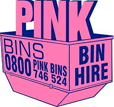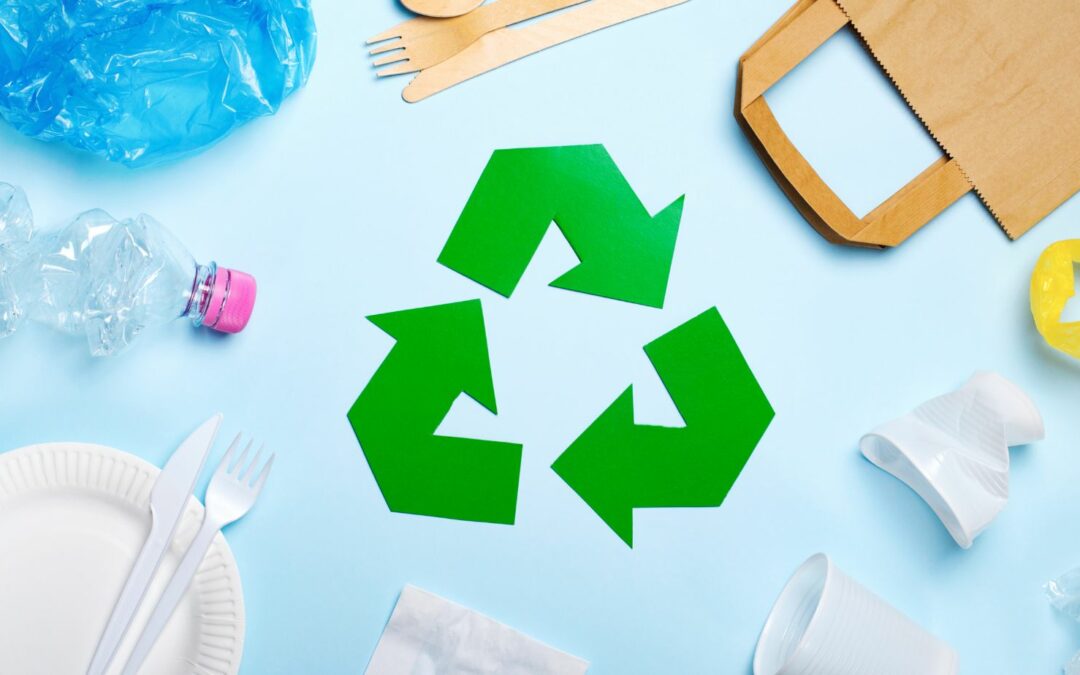Us Kiwis are known for our commitment to keeping NZ green. But despite our best efforts, it turns out we’re often chucking stuff into our recycling bins willy-nilly, thinking we’re doing Mother Nature a solid, when in fact, we could be causing more harm than good. Here at Pink Bins, we’ve seen our fair share of recycling faux pas. So, let’s take a closer look at what we’re getting wrong and how to fix it.
Don’t be a ‘wish cycler’
Ever tossed something into the recycling bin, crossing your fingers and hoping it’s recyclable? Yeah, us too. That’s actually a real phenomenon called ‘wish cycling’, and it’s not doing us any favours.
From greasy pizza boxes to those pesky plastic bags, we’re all guilty of chucking things in and hoping for the best. While it comes from a place of wanting to do the right thing, it can actually cause a bit of a hassle.
When non-recyclable items sneak into the recycling stream, they can contaminate the whole lot, meaning more stuff might end up in the landfill instead of being turned into something new and shiny. So, the moral of the story? When in doubt, check it out first rather than wishfully throwing it in.
Things you might be recycling wrong
Soft Plastics
Not all plastics are created equal, and here in NZ, we’ve got a system to help us out: the Plastic Identification Code. But, let’s be honest, how many of us actually pay attention to those tiny numbers inside the recycling triangle? Some plastics are like gold for recyclers (usually numbers 1, 2, or 5) while others are just a pain.
Soft plastics like chip packets, bread bags, and cling wrap are a recycling no-no because they can tangle up the recycling machinery, sending the whole batch to landfill. Fortunately, many supermarkets have special collection bins for these soft plastics, so on your next grocery run, pop them in and do your part.
Glass
Glass bottles? If they’re clear, brown, green, or blue, chuck ‘em in, no worries—just don’t forget to remove the lid and rinse them first.
Drinking glasses, lightbulbs, and windows? Yeah, you’ll want to leave those out as they don’t mix well with the rest of the glass in the recycling process. That’s because different types of glass melt at different temperatures, so it can cause a bit of a headache at recycling plants.

Pizza Boxes and Pasta Jars
We’ve all been there, staring down a jar with a bit of pasta sauce left, thinking, “She’ll be right.” But even a wee bit of leftover food can spoil a whole batch of recycling.
Those jars and containers need a quick rinse to get rid of any gunk. And pizza boxes? Try to keep any cardboard you recycle dry and free from food. You can tear off the clean part to recycle, but if it’s covered in cheese and grease, it’s a no-go.
Bottle Caps
This one’s a bit of a puzzler. Do we leave the caps on bottles and jars, or do we take them off? Because bottle caps are usually made of good quality plastic number 2 or 5, they can be recycled, but they’re often too small to get picked up by the recycling equipment.
Yes, the recycling rules have now been standardised around the country, but they’re still pretty vague when it comes to bottle caps. The best thing to do with these is to take them off your bottles and collect them for recycling at a dedicated spot, or throw them out with your general waste.
E-Waste
We’re all for the latest gadgets, but what happens when they conk out? E-waste (think old mobiles, laptops, etc.) is a growing issue, and it definitely doesn’t belong in your regular recycling bin.
These items need to go to special drop-off points where they can be properly handled. Keep an eye out for e-waste recycling days in your area—they’re a great way to offload your old tech responsibly.
Recycling etiquette
Just like not yelling in a library or hitting on your best mate’s mum, there are a few important etiquette rules to follow when you’re recycling.
Don’t overfill your recycling bin
Yeah, don’t be that person who constantly has bottles and boxes spilling out of their recycling bin every week. Overfilled bins are not only pretty ugly to look at, but they also create street litter that ends up in our rivers and is a health and safety risk.
Generally, recycling bins that are overflowing won’t be collected, so unless you want another week or two of having bottles coming out your yahoo, don’t overfill your bin.

Rinse and repeat
Like we mentioned above, so many items that can be recycled need to be rinsed first or it’s not gonna happen. It’s also not great for your bin (or your neighbours) if there’s stuff in your recycling bin that’s been sitting there congealing and growing its own ecosystem while you wait for recycling day.
Don’t use bags
You might collect your recyclables in a plastic bin bag in your kitchen first before lugging them out to the kerb, but don’t think that you can put that bin bag in too. Sure, it’s a heck of a lot easier to carry it all in a bag like your general rubbish, but be smart and keep it all loose for collection.
This one’s also a good incentive to keep your recyclables rinsed and clean, then you won’t have a problem sorting it or picking up loose bottles!
We’re doing our part too
Recycling isn’t just about tossing stuff into a bin and forgetting about it. It’s about taking care of our backyard—this stunning place we’re lucky enough to call home. By getting clued up on what we’re recycling wrong and making a few tweaks, we can make a big difference.
As your friendly neighbourhood skip bin hire service, Pink Bins is here to help you sort your waste like a pro. We make sure that whatever can be recycled, is recycled, keeping as much as possible out of our landfills. For more information on our waste removal processes or to book a skip bin for your next clearout, get in touch!

